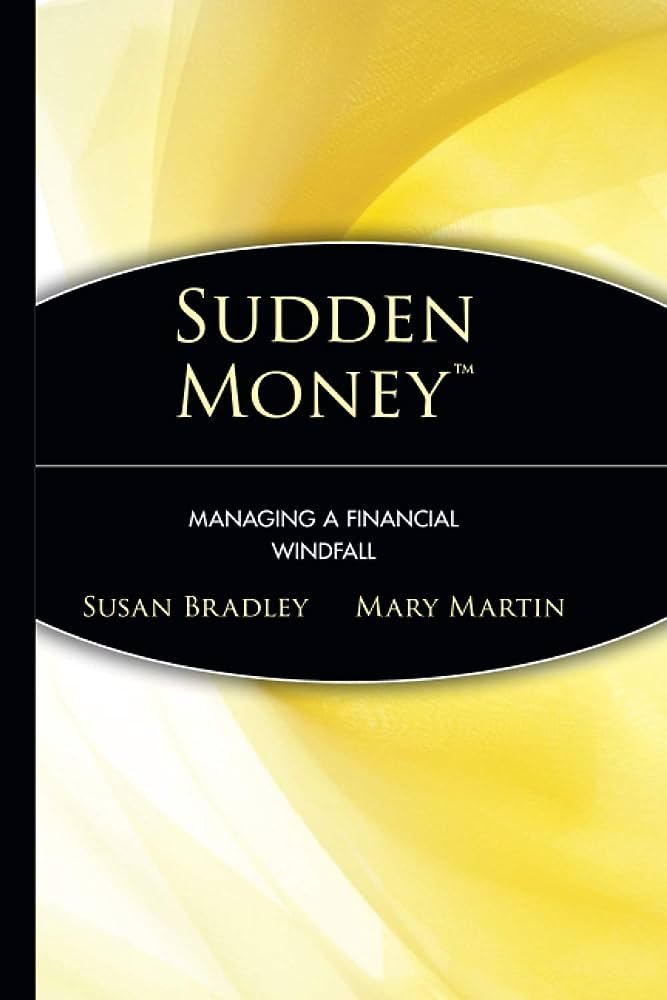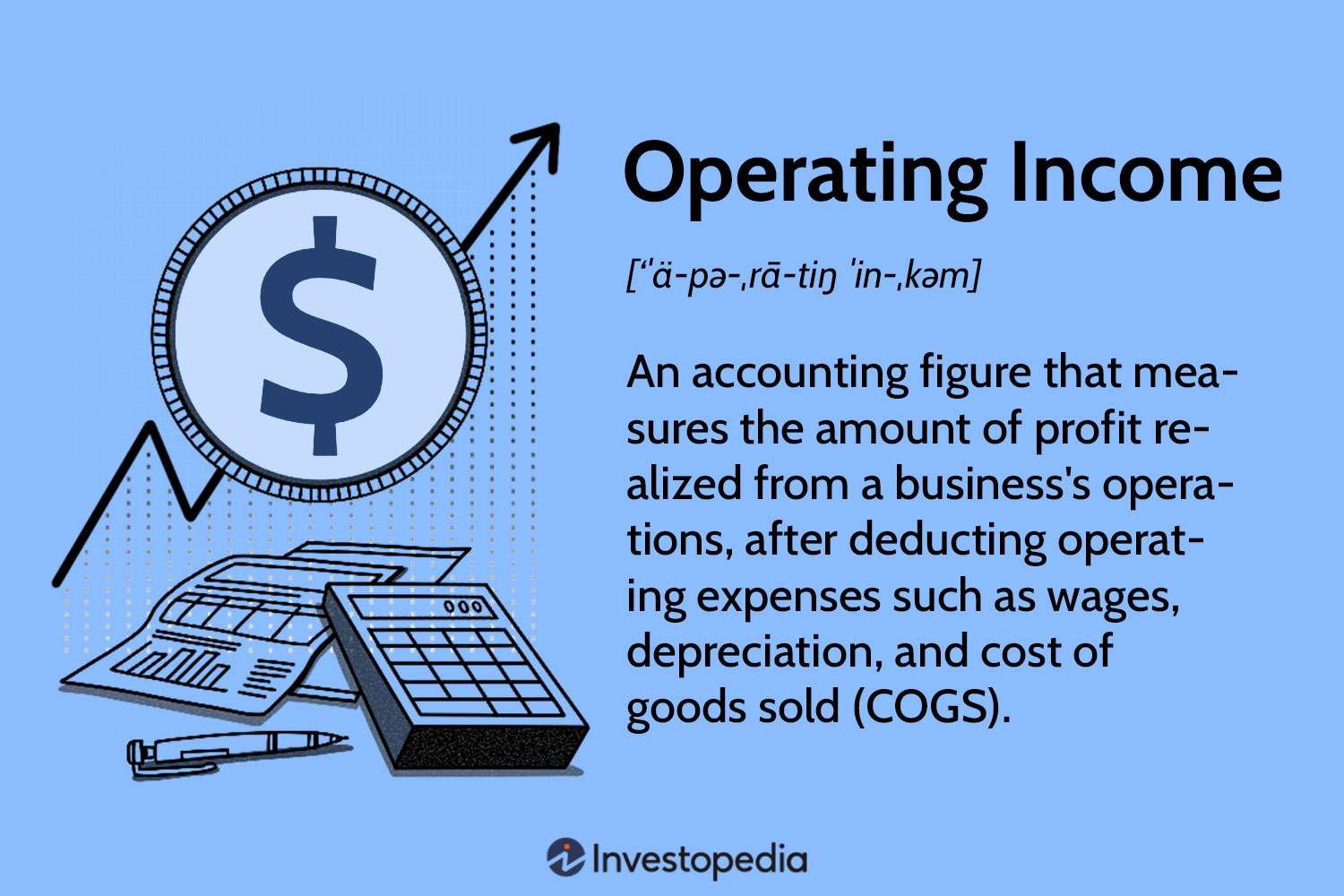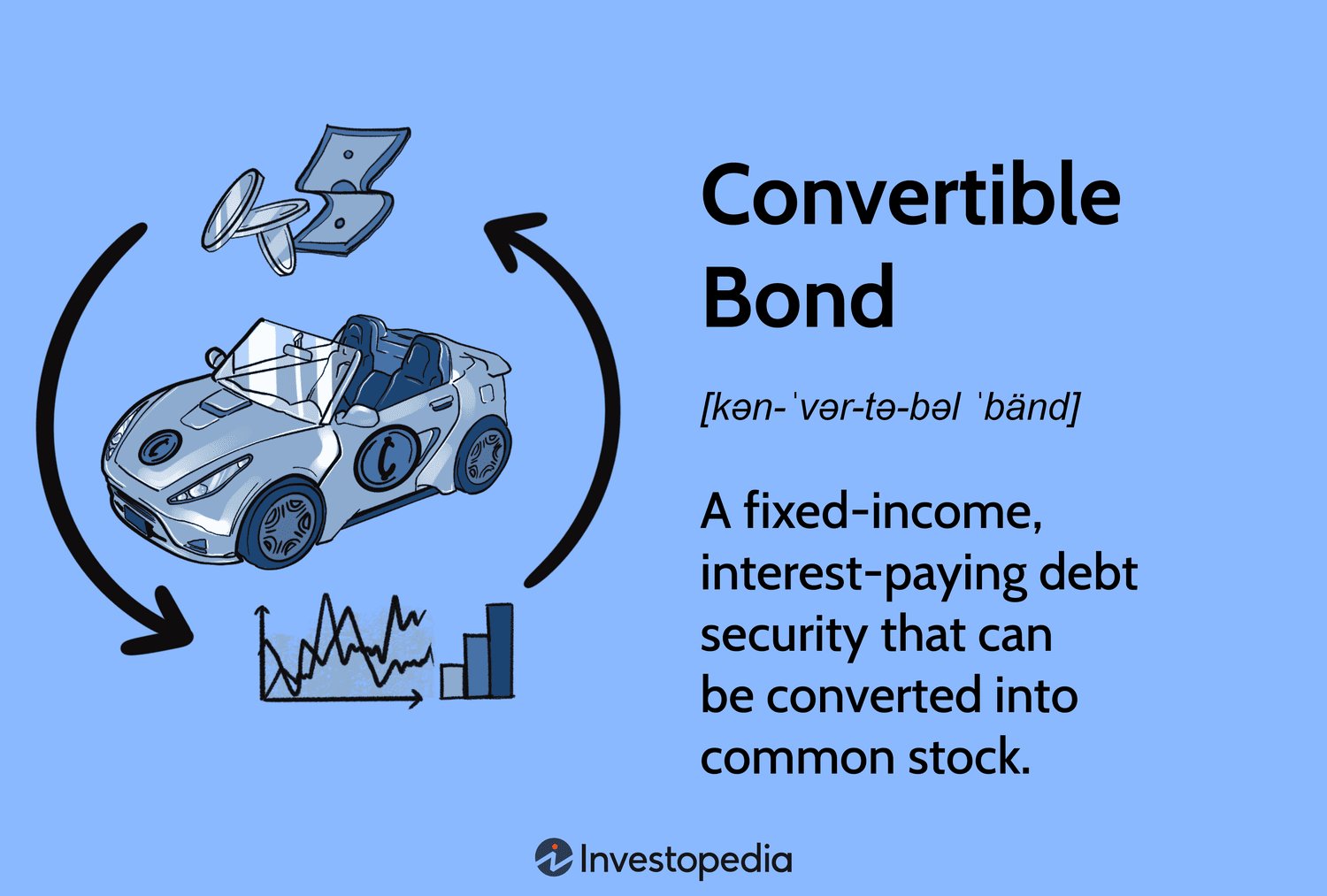Have you ever found yourself in the fortunate position of receiving a financial windfall? Congratulations! Now, the next step is to learn how to manage it wisely. In this article, we will explore what a financial windfall is and provide you with practical tips on effectively handling this newfound wealth. So, if you’ve been wondering what is a financial windfall and how to manage it, you’ve come to the right place. Let’s dive in!
What is a Financial Windfall and How to Manage It
A financial windfall refers to a large sum of money that comes unexpectedly or as a result of a fortunate event. It can come in various forms, such as winning the lottery, receiving an inheritance, getting a substantial bonus, or even receiving a significant insurance payout. While it may seem like a dream come true, managing a financial windfall requires careful planning and decision-making to ensure long-term financial security. In this article, we will explore what a financial windfall is and provide practical tips on how to manage it wisely.
Understanding the Nature of a Financial Windfall
Receiving a financial windfall can be an exciting and overwhelming experience. However, it is important to approach it with a clear understanding of its nature. Here are a few key points to consider:
- A Windfall is a One-Time Event: Unlike a regular income source, a financial windfall is not a consistent stream of money. It is crucial to recognize that this is a one-time opportunity to improve your financial situation.
- Unexpected Nature: Windfalls often come unexpectedly, and their sudden arrival can make it tempting to spend impulsively. It’s essential to resist the urge to splurge right away and instead take the time to plan thoughtfully.
- Emotional Impact: Receiving a windfall can evoke strong emotions, such as excitement, disbelief, or even anxiety. It is vital to manage these emotions and make rational decisions that align with your long-term financial goals.
Take Stock of Your Financial Situation
Before making any decisions regarding your windfall, take the time to assess and evaluate your current financial situation. This step will help you gain clarity on your financial goals and priorities. Consider the following:
1. Evaluate Your Debts and Expenses
Start by examining your existing debts and recurring expenses. Determine whether you have any outstanding loans, credit card debts, or mortgages. Calculate the interest rates and terms of these debts to understand the impact they have on your financial health. Once you have a clear picture of your expenses, you can prioritize paying off high-interest debts and reducing financial obligations.
2. Identify Your Short- and Long-Term Financial Goals
Take the time to identify your short- and long-term financial goals. Short-term goals might include building an emergency fund, saving for a down payment on a house, or paying for education. Long-term goals might involve retirement planning, starting a business, or investing in real estate. Prioritizing your goals will help guide your decision-making regarding your windfall.
3. Consider Your Risk Tolerance
Evaluate your risk tolerance before making any investment decisions. Some individuals feel comfortable taking risks with their money, while others prefer a more conservative approach. Understanding your risk tolerance will help you determine the best course of action when managing your windfall.
Create a Detailed Financial Plan
Once you have a clear picture of your financial situation and goals, it’s time to create a comprehensive financial plan. A well-thought-out plan will ensure that you make the most of your windfall and secure your financial future. Consider the following steps:
1. Set Aside an Emergency Fund
Before allocating your windfall to various investment avenues, it’s essential to establish an emergency fund. Aim for at least three to six months’ worth of living expenses in a liquid and easily accessible account. This emergency fund will provide you with a safety net in case of unexpected events or financial downturns.
2. Pay Off Debts
One of the smartest moves you can make with a windfall is to pay off high-interest debts. Begin by focusing on debts with the highest interest rates, such as credit card debts or personal loans. By eliminating or substantially reducing your debts, you can free up cash flow and decrease financial stress.
3. Seek Professional Financial Advice
Consider consulting a financial advisor or a certified financial planner (CFP) to help you make informed decisions about your windfall. A professional can guide you through the various investment options, tax implications, and strategies to maximize your returns while minimizing risk.
4. Diversify Your Investments
Diversification is essential when managing a windfall. Rather than putting all your money into a single investment, consider diversifying across different asset classes such as stocks, bonds, real estate, and mutual funds. This strategy helps spread the risk and increases the potential for long-term growth.
5. Build a Sustainable Income Stream
A windfall presents an opportunity to generate a sustainable income stream that can support your financial goals. Explore different options such as rental properties, dividend-paying stocks, or starting your own business. Generating additional income can provide financial stability and help you achieve your long-term aspirations.
Implementing Smart Financial Habits
Managing a financial windfall goes beyond making immediate investment decisions. To ensure long-term financial success, it is crucial to develop healthy financial habits. Here are a few tips to help you make the most of your windfall:
1. Practice Mindful Spending
Avoid impulsive spending and mindless consumption. Take the time to evaluate your purchases and consider whether they align with your financial goals. Differentiate between needs and wants, and focus on making intentional purchases that contribute to your overall financial well-being.
2. Continuously Educate Yourself
Stay updated on financial news, investment strategies, and personal finance topics. By constantly educating yourself, you can make informed decisions and adapt to changing market conditions. Attend workshops, seminars, or webinars that enhance your financial literacy and empower you to manage your windfall effectively.
3. Regularly Review Your Financial Plan
A financial plan is not set in stone. As your circumstances change or new opportunities arise, it’s important to review and adjust your plan accordingly. Regularly reassess your goals, track your progress, and make necessary modifications to stay on track.
4. Give Back to the Community
Consider using a portion of your windfall to support charitable causes or give back to your community. Philanthropic endeavors can not only have a positive impact on the world but can also bring personal fulfillment and a sense of purpose.
Managing a financial windfall requires careful consideration, planning, and the implementation of smart financial habits. By evaluating your financial situation, setting clear goals, and seeking professional advice, you can make the most of a windfall while securing your financial future. Remember to stay disciplined, focus on long-term sustainability, and always prioritize your overall financial well-being.
How to Handle a Sudden Financial Windfall
Frequently Asked Questions
Frequently Asked Questions (FAQs)
What is a financial windfall and how to manage it?
A financial windfall refers to a sudden and unexpected influx of money, such as winning the lottery, receiving an inheritance, or getting a substantial bonus. Managing a financial windfall properly is crucial to ensure long-term financial stability and avoid reckless spending. Here are some commonly asked questions about financial windfalls and their management:
1. How should I prioritize my financial goals after receiving a windfall?
After receiving a financial windfall, it is important to reassess your financial goals. Start by paying off any high-interest debts, establishing an emergency fund, and investing in retirement accounts. Once these essentials are taken care of, you can consider other goals such as purchasing a property or investing in a business.
2. Should I consult a financial advisor when managing a windfall?
Yes, it is highly advisable to seek professional guidance from a certified financial advisor when managing a windfall. They can provide expert advice on tax implications, investment strategies, and creating a comprehensive financial plan tailored to your specific needs.
3. How can I protect my windfall from unnecessary taxes?
One way to protect your windfall from excessive taxes is to consult with a tax professional who can help you explore tax-efficient investment options. Additionally, consider spreading out large purchases over time to avoid suddenly pushing yourself into higher tax brackets.
4. What are some common mistakes to avoid when managing a financial windfall?
Some common mistakes to avoid include impulsive spending, neglecting tax obligations, failing to diversify investments, and not setting aside funds for future expenses. It is important to approach the windfall with a well-thought-out plan to make the most of it.
5. Is it advisable to quit my job after receiving a substantial windfall?
Quitting your job after a windfall should be a carefully considered decision. Although having a windfall provides financial security, it is essential to evaluate your long-term financial goals, lifestyle preferences, and personal fulfillment before making any drastic career changes.
6. How can I ensure long-term financial stability with my windfall?
To ensure long-term financial stability, it is crucial to create a diversified investment portfolio, set realistic budgets, manage expenses responsibly, and save for the future. Educate yourself on financial literacy or seek the help of a financial advisor to make informed decisions.
7. Should I consider philanthropy or charitable donations with my windfall?
While philanthropy is a personal choice, it is wise to carefully plan and research before making charitable donations. Establishing a structured approach, such as creating a charitable foundation or contributing to existing causes aligned with your values, can ensure your donations have a meaningful and lasting impact.
8. What steps can I take to protect my windfall from fraud or scams?
To protect your windfall from fraud or scams, be cautious of unsolicited investment opportunities, confidently verify the credentials of financial advisors or institutions, and stay vigilant against phishing attempts or fraudulent schemes. Educate yourself about common scams and be proactive in safeguarding your finances.
Final Thoughts
A financial windfall refers to a sudden and substantial amount of money that comes unexpectedly. It could be in the form of an inheritance, a lottery win, or a large bonus. Managing such a windfall requires careful consideration and planning to ensure its longevity and maximize its benefits. Firstly, it is crucial to pay off any outstanding debts and set aside an emergency fund. Secondly, seeking professional advice can help in creating a diversified investment portfolio, which will provide long-term financial security. Finally, practicing disciplined spending and avoiding impulsive purchases will help maintain financial stability and prevent squandering the windfall. Managing a financial windfall requires a balanced approach of securing immediate needs and ensuring long-term financial growth.



